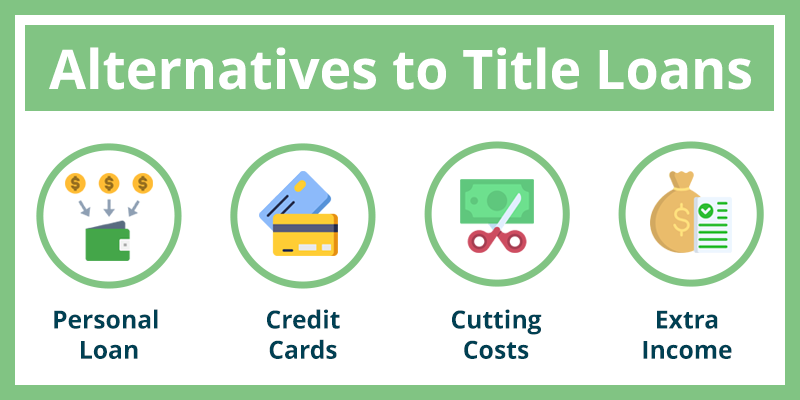When you need quick access to cash, a title loan may seem like an attractive option. But what exactly are title loans, and how do they work?
This post will provide you with everything you need to know about title loans, including how to qualify for one, the pros and cons of using a title loan, and some alternatives to consider.
What Are Title Loans?
Title loans are secured loans that allow you to borrow money using your vehicle as collateral. The amount you can borrow will depend on the value of your vehicle, and you will typically need to own your car outright to qualify for a title loan. Once approved for a title loan, the lender will hold onto your car’s title until you have paid the full loan.
How Do Title Loans Work?
To apply for a title loan, you must visit a lender in person with your car’s title, a government-issued ID, and proof of income. The lender will evaluate the value of your vehicle and determine how much money they are willing to lend you. If you agree to the loan terms, you will sign a contract and hand over your car’s title. You will then receive the loan amount in cash or via direct deposit.
The loan typically comes with a high-interest rate, often ranging from 25% to 50% or more, and a short repayment period of 30 days or less. Suppose you cannot repay the loan on time. In that case, the lender may allow you to roll over the loan by paying only the interest and fees and extending the loan for another month. However, this can quickly become expensive, and you could end up owing more than the value of your car.
Pros and Cons of Title Loans
Before you decide to take out a title loan, it is essential to consider the pros and cons carefully.
Pros:
Fast access to cash: Title loans can be a quick way to get cash when needed.
No credit check: Title loan lenders typically do not require a credit check, so you may be able to get approved even if you have bad credit.
Easy to qualify: As long as you own your car outright, you should be able to qualify for a title loan.
Cons
High-interest rates: Title loans can come with very high-interest rates, making them an expensive way to borrow money.
Short repayment periods: You will typically only have 30 days or less to repay the loan, which can be difficult if you are already struggling to make ends meet.
Risk of losing your car: If you cannot repay the loan, the lender can repossess your car, leaving you without a vehicle.
Alternatives to Title Loans
If you need to borrow money but are wary of title loans, there are several alternatives to consider:
Personal loans: Personal loans can be a better option than title loans because they often come with lower interest rates and longer repayment periods. However, you will typically need good credit to qualify for a personal loan.
Credit cards: A credit card can be a good option if you only need to borrow a small amount of money. Just be sure to pay off the balance in full each month to avoid high-interest charges.

Negotiate with creditors: If you struggle to make ends meet, try negotiating with your creditors to see if you can work out a payment plan. Many creditors will be willing to work with you if you are upfront and honest about your situation.
Conclusion
Title loans can be a fast and easy way to get cash when you need it, but they come with high-interest rates and short repayment periods that can make them difficult to manage. Before you take out a title loan, it is essential to carefully consider the pros and cons and explore alternative options that may be better suited to your needs.
At 365 Loans, we understand that unexpected expenses can be stressful. Sometimes, a title loan may seem like the only option. However, we encourage our readers to explore their options carefully and make informed decisions that will not put their financial well-being at risk.







